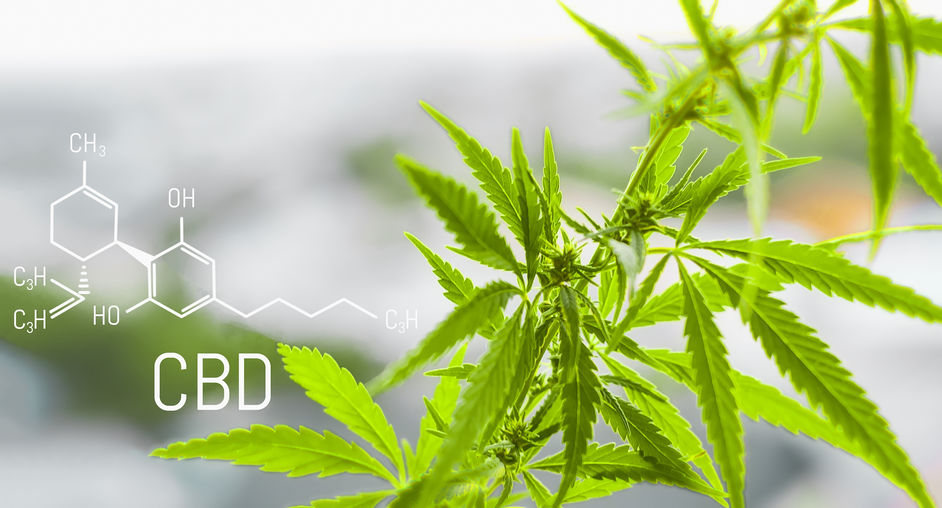According to the U.S. Coast Guard’s 2017 Recreational Boating Statistics Report, boating under the influence continues to be the leading known contributing factor in fatal boating accidents. Medical marijuana is now legal in many states, but using marijuana and captaining a boat can be dangerous and illegal.
Use of marijuana laws are changing quickly in the United States.
 BoatUS says, “Even if cannabis is legal in your state, the federal government still considers it a Schedule I drug, which the feds say has the potential for abuse and has no accepted medical use. This is very important, because on any water (or land) under federal jurisdiction, it's illegal to possess cannabis even though a state may have legalized it. And waters under federal jurisdiction are enormous. Consider that the entire coastline of the U.S. is under federal jurisdiction. That means that on coastal waters of California, Oregon, and Washington (states that have legalized cannabis), it is a federal crime to possess it. The U.S. Coast Guard says that ‘all waters including, but not limited to, the navigable waters of the United States are under their authority. It's the ‘but not limited to’ part that could be trouble for some boaters, because while it includes some bodies of water that seem obvious, such as the Great Lakes, Mississippi River, and Chesapeake Bay, it's also pretty much any waters that the federal government deems navigable, such as freshwater lakes, including Lake Tahoe, Salt Lake, Lake Champlain, and Lake of the Ozarks.”
BoatUS says, “Even if cannabis is legal in your state, the federal government still considers it a Schedule I drug, which the feds say has the potential for abuse and has no accepted medical use. This is very important, because on any water (or land) under federal jurisdiction, it's illegal to possess cannabis even though a state may have legalized it. And waters under federal jurisdiction are enormous. Consider that the entire coastline of the U.S. is under federal jurisdiction. That means that on coastal waters of California, Oregon, and Washington (states that have legalized cannabis), it is a federal crime to possess it. The U.S. Coast Guard says that ‘all waters including, but not limited to, the navigable waters of the United States are under their authority. It's the ‘but not limited to’ part that could be trouble for some boaters, because while it includes some bodies of water that seem obvious, such as the Great Lakes, Mississippi River, and Chesapeake Bay, it's also pretty much any waters that the federal government deems navigable, such as freshwater lakes, including Lake Tahoe, Salt Lake, Lake Champlain, and Lake of the Ozarks.”
According to the National Institute on Drug Abuse (NIDA), marijuana significantly impairs judgment, motor coordination, and reaction time. Studies have found a direct relationship between blood THC (tetrahydrocannbinol, the chemical compounds in cannabis responsible for the “high”) concentration and impaired driving ability.
On July 29, 2019, the Boston Globe reported on the subject of boating and marijuana. “A sailboat floating off the coast on a hot, breezy summer day might sound like a perfect place to enjoy some marijuana. But state and federal officials are warning would-be stoned boaters to think twice before lighting up a joint at sea.”
In 2018, Charlotte, Collier and Lee Counties had a total of 93,740 registered vessels, according to Florida Highway Safety and Motor Vehicles’ statistics. Florida ranks third, behind California and Michigan, in the number of boat registrations.
The Florida Fish and Wildlife Conservation Commission says it is a violation of Florida law to operate a vessel while impaired by alcohol or other drugs, including marijuana. A vessel operator suspected of boating under the influence must submit to sobriety tests and a physical or chemical test to determine fitness for boating.
“Should you or a loved one be injured in a boating accident because of the negligence of another, please contact our experienced legal team. We know the devastation that can be caused by an accident and are available 24/7 to assist you,” said Fort Myers Boat Accident Attorney Randall Spivey of Spivey Law Firm, Personal Injury Attorneys, P.A.
Fort Myers Boat Accident Attorney, Randall L. Spivey is a Board Certified Trial Attorney – the highest recognition for competence bestowed by the Florida Bar and a distinction earned by just one (1%) percent of Florida attorneys. He has handled over 2,000 personal injury and wrongful death cases throughout Florida. For a free and confidential consultation to discuss your legal rights, contact the Spivey Law Firm, Personal Injury Attorneys, P.A., in Lee County at 239.337.7483 or toll free at 1.888.477.4839,or by email to Randall@SpiveyLaw.com. Visit SpiveyLaw.com for more information. You can contact Spivey Law Firm, Personal Injury Attorneys, P.A.in Charlotte County at 941.764.7748 and in Collier County 239.793.7748.


